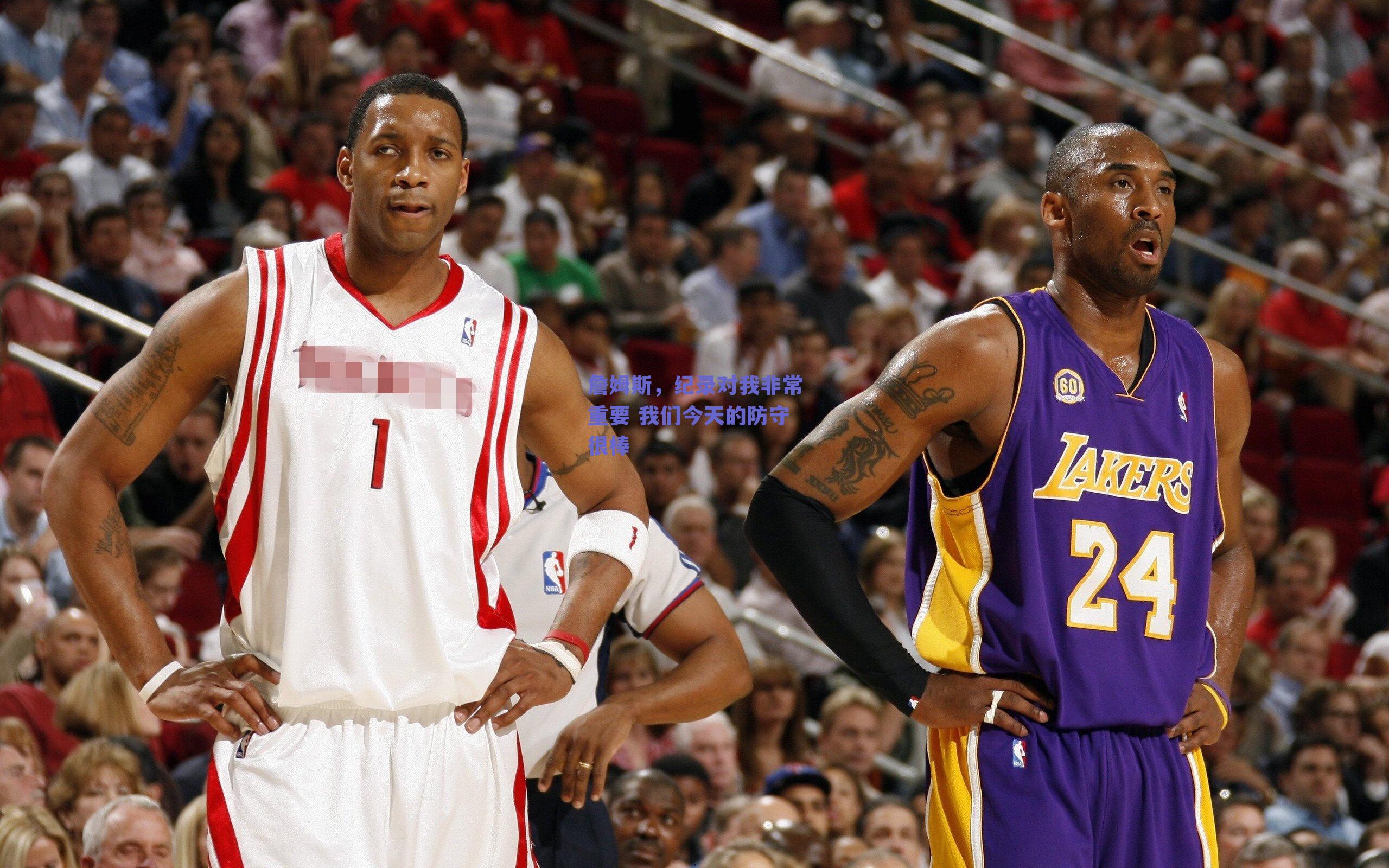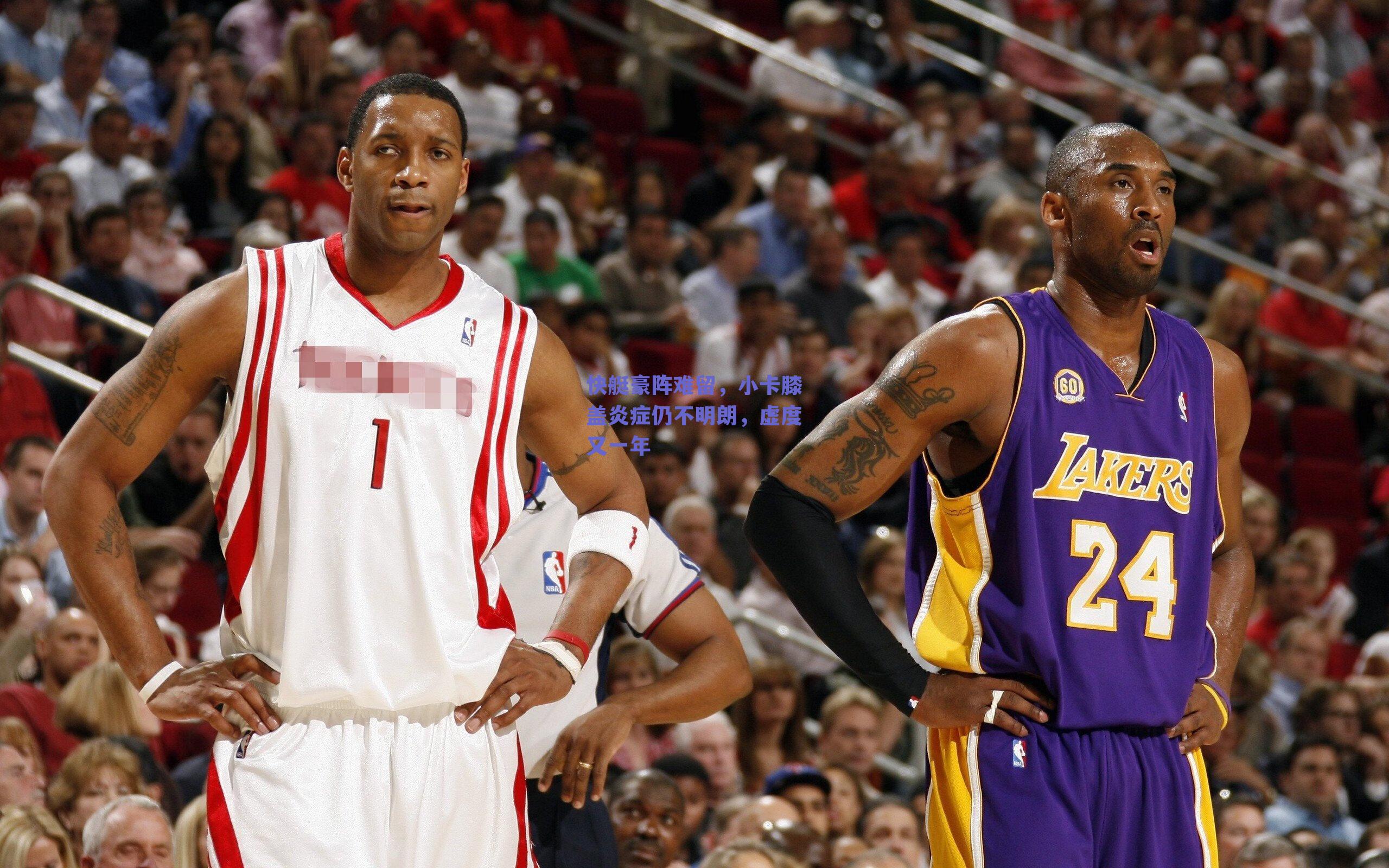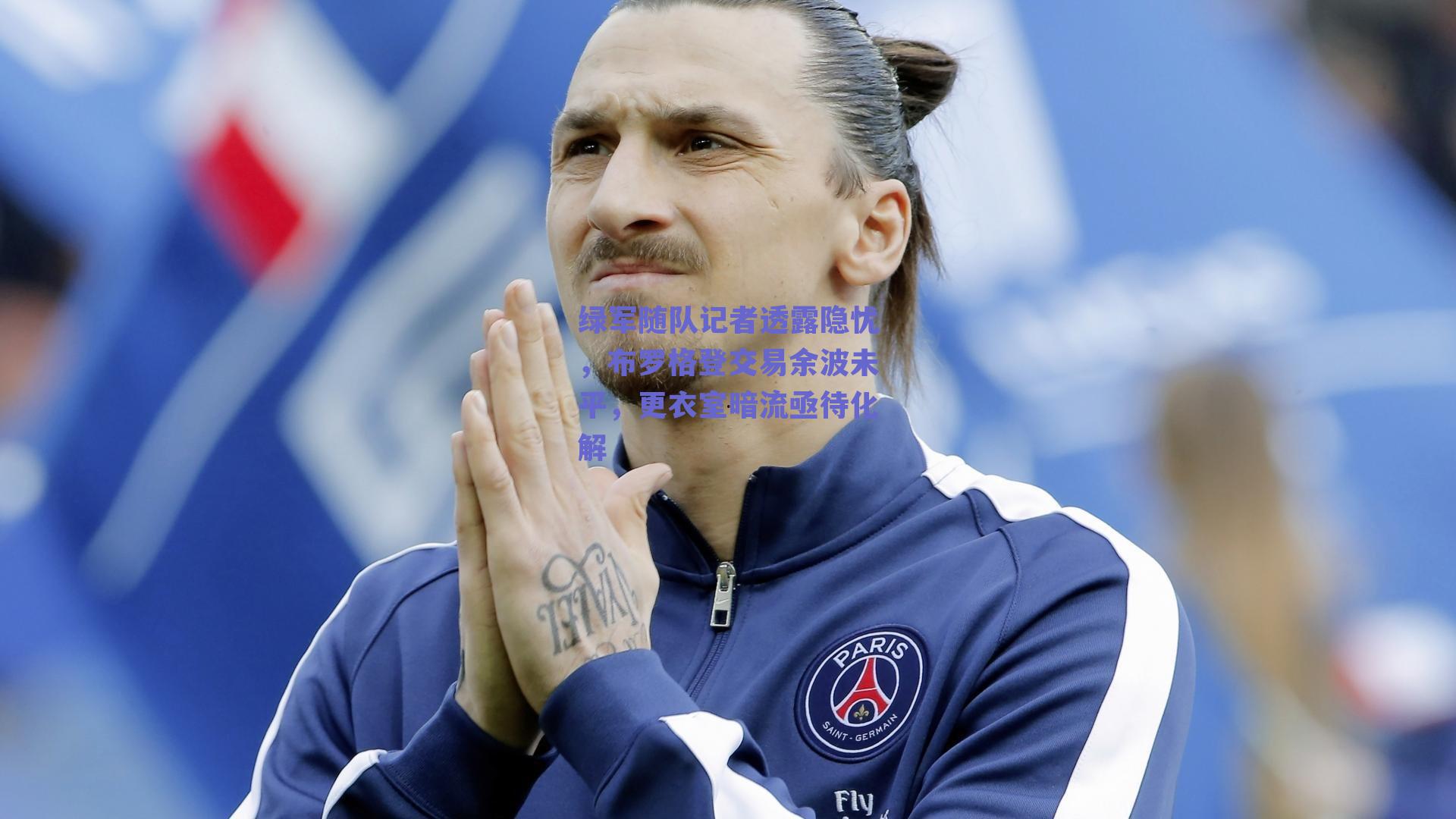【足球直播平台】扎卡痛心媒体曲解,滕哈格被错误描绘为问题根源,离队真相令人愤慨
在足球世界的转会漩涡中,开云登录入口 narratives often get twisted to fit sensational headlines, and few know this better than Granit Xhaka. The Swiss midfielder, who recently departed Bayer Leverkusen after a highly successful spell, has broken his silence on the circumstances surrounding his exit, expressing profound frustration at how the narrative was framed—particularly the portrayal of Manchester United’s manager Erik ten Hag as a central villain in the saga.
In an exclusive interview with a leading sports publication, Xhaka did not hold back his feelings. "It’s irritating to see how things were misrepresented," he stated, his tone a mix of defiance and disappointment. "The media painted this picture that Erik ten Hag was the problem, that his interest or some alleged interference caused turmoil. That’s far from the truth, and it’s unfair to everyone involved."

The origins of this narrative trace back to the recent transfer window, when speculation linked Xhaka with a move away from Leverkusen, where he had been instrumental in their Bundesliga title triumph and deep runs in European competitions. Reports emerged suggesting that Ten Hag, keen on bolstering Manchester United’s midfield, had identified Xhaka as a primary target. This led to a wave of stories framing Ten Hag as a disruptive force, allegedly unsettling the player and creating friction between clubs.

However, Xhaka vehemently denies this characterization. "I have immense respect for Erik ten Hag as a coach and as a person. His approach to the game is top-notch, and any professional would appreciate being linked with a club of United’s stature. But the idea that he was 'the problem' is nonsense. My decision to leave Leverkusen was based on personal and professional considerations that had nothing to do with him."
So, what were the real reasons behind Xhaka’s departure? According to the player, it boiled down to a combination of factors:开云 a desire for a new challenge after achieving domestic success, family considerations, and the project’s evolution at Leverkusen. "We won the league, we made history, and sometimes after such peaks, you feel it’s the right time to seek something different. Leverkusen understood that—it was amicable. But the media spun it into a drama, with Ten Hag as the antagonist. That’s what bothers me most."
Xhaka’s frustration is not just about personal annoyance; it highlights a broader issue in modern sports journalism. In an era where clicks and engagement often drive content, complex stories are reduced to simplistic, conflict-driven narratives. The portrayal of Ten Hag as a "problem" is a classic example—a easy storyline that ignores nuances and realities. "It’s lazy journalism," Xhaka remarked. "They take a kernel of truth—United’s interest—and build a whole saga around it, damaging reputations in the process."
This phenomenon isn’t new. High-profile managers like Ten Hag often become lightning rods for criticism, especially when associated with transfer rumors. For Ten Hag, who has faced intense scrutiny at Manchester United over tactics, signings, and results, this added layer of negative portrayal only amplifies the pressure. Xhaka’s comments serve as a reminder that behind the headlines, there are human beings affected by these narratives. "Erik is a strong character, but no one deserves to be unfairly targeted. It creates a toxic environment that isn’t good for football."
Beyond the media critique, Xhaka’s reflections offer insight into the inner workings of player transfers. He emphasized that his conversations with Leverkusen’s management, including sporting director Simon Rolfes, were transparent and respectful throughout. "There was no conflict, no pushing from agents or other clubs. It was a mature discussion about my future. The club supported me, and I’ll always be grateful for that."
As for what’s next, Xhaka remained coy but hinted at exciting developments ahead. While rumors have connected him with clubs in Italy and England, he stressed that his focus is on finding the right fit—a project where he can contribute meaningfully, much like he did at Leverkusen. "I’m not rushing into anything. Football is about passion and project, not just headlines."
In closing, Xhaka’s message is clear: the football world needs to move beyond reductive storytelling. "Let’s focus on the sport, the teamwork, the real issues. Not fabricated dramas that serve no one." His words resonate as a call for integrity in sports media, urging fans and journalists alike to seek truth over sensationalism.
As this story continues to unfold, one thing is certain: Granit Xhaka’s legacy at Bayer Leverkusen remains untarnished, and his candidness here might just inspire a more thoughtful approach to how we discuss the beautiful game.



